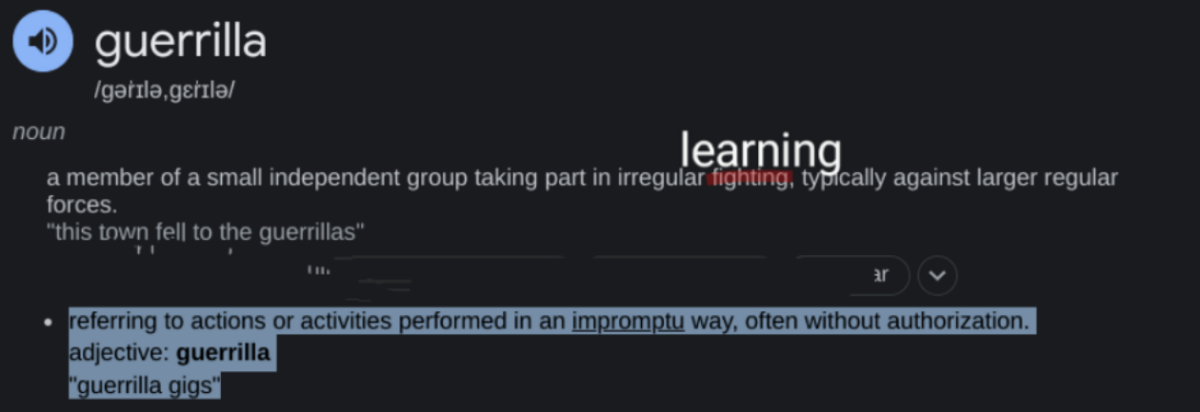Capitalism is best defined as embodying two economic features:
(1) the free market; and
(2) the institution of private property.
To use something is to give it the predicate of mine. However, under a system of private property, nature already belongs to someone. How does this odd situation arise?
Since, for Marx, all modes of production are defined in terms of the relations between classes, let us see whether this is consistent with his account. The three main classes in capitalist society are:
Owners of labour power alone = Wage-labourers,
the owners of capital = the Capitalists
the owners of land = the Landowners.
Private property becomes capital and the market is determined by the buying and selling of goods between the three main classes (exchange). Under a system of collectivised property, the classes and their relations would be fundamentally different.
Money was orignally merely an intermediaery to facilitate exchange in the relation C (commoidity) – M (money) – Commodity. This was useful to exchange activites or imperishable goods for perishable goods.
Under capitalism, the chain of exchange becomes: M (money)-C(commodity)-M’(money+) where the aim in exchange is to increase one’s capital (M’) or private property. The end product of one’s labour is capital and not the product of the actual activity: we are no longer interested in exchanging activities, but exchanging property. That becomes a commodity to be sold to raise capital. So, how can an amount of capital create a product that will then be sold for more money than the labour and the means of production expended in creating it
Means of production + labour = product
The means of production do not change in value, if anything they diminish. So, labour power must increase the value of a product. If we conceive of the labourer as selling his labour as a commodity, surely it should be bought for the value which it produces, but if means of production = x and labour = x, then the product will be sold at 2x and no profit will be made. Thus, capitalism forces the worker to work for subsistence and does not pay him the proper value of his labour (which is bizarre since the worker is also the consumer: hence he will always be unable to receive his fair desert), so a thing has a use-value (what it takes to produce it), a surplus value (what the labour power actually produces) which produces an exchange value. Exchange values change the relationship between men: need satisfied by labour is replaced by need satisfied by the sale of labour power.
Capital and its personification, the capitalist, dominate the labourer (living labour) through materialised labour (things already objectified by the production process) because of a claim to possession (private property). The worker does not use the means of production to realise his essence, the means of production use the worker to perpetuate the system of private ownership which is not in the workers’ interests. The belief that liberation of oneself resides in the capacity to satisfy one’s desires through exchange is false consciousness. The exact false consciousness of the worker is that he sees himself as in possession of a commodity (labour power) which he can sell and this false consciousness corrupts true human living (free activity allows man to realise his essence) in the interests of a certain class (the capitalists). So, the “legal form” of capitalism is the free market and private property.
